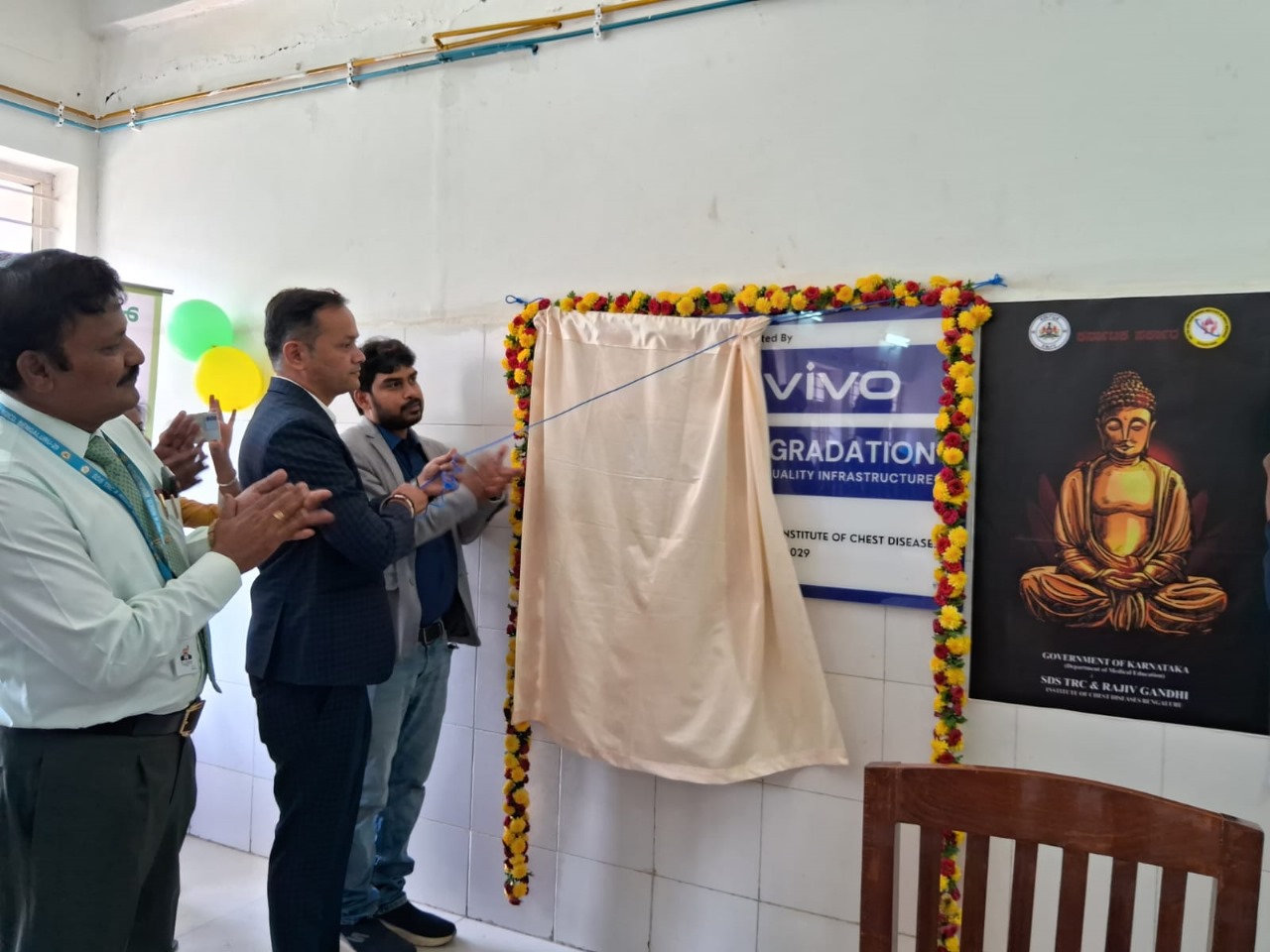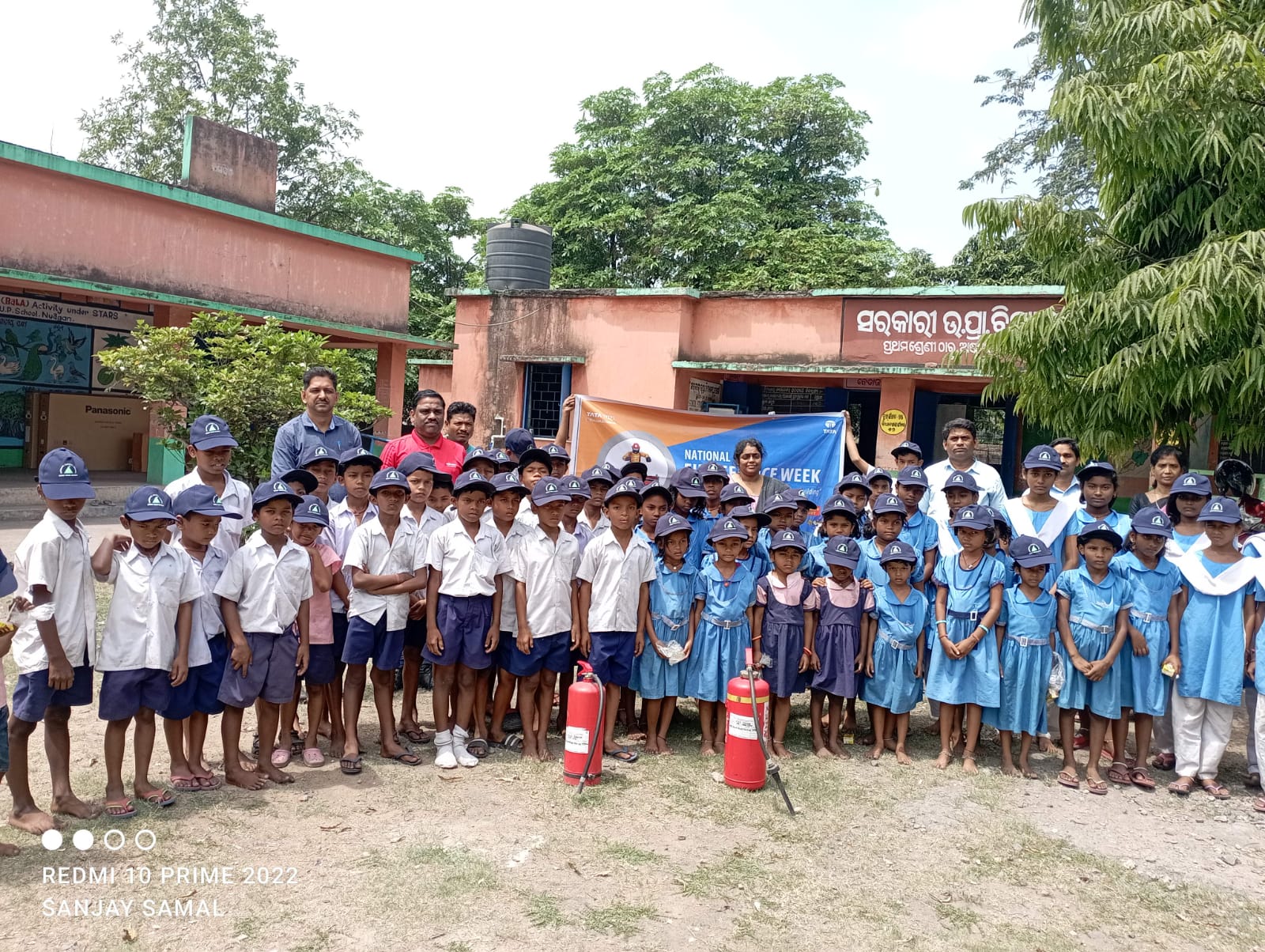Subscribe our Weekly Newsletter
Applications Invited for the Y. Eva Tan Conservation Reporting Fellowship Program

Organization: Mongabay
Apply By: 10 Sep 2022
About the Organization
Rhett A. Butler founded Mongabay.com in 1999 out of his passion for tropical forests. He called the site Mongabay after an island in Madagascar.
Since then, Mongabay has grown into the world’s most popular rainforest information site and a well-known source of environmental news reporting and analysis. Today, Mongabay draws more than 6 million visitors per month and publishes stories in nearly a dozen languages. It is commonly used as an information source by mainstream media, including The Economist, Bloomberg, National Geographic, and the Associated Press. Mongabay is also widely recognized as an accurate and trust-worthy source by civil society organizations as well as development agencies.
About the Fellowship
In response to this situation, Mongabay will establish the Y. Eva Tan Conservation Reporting Fellowship Program. The program will provide opportunities for journalists from biodiversity hotspots in tropical countries to report on critical environmental issues, gaining valuable training, experience, and credibility that will help them advance their careers in journalism and communications.
The Y. Eva Tan Conservation Reporting Fellowship Program builds on Mongabay’s long-running internship program, which has helped bolster the capacity of environmental journalists in a field where such experience can be hard to acquire. Since 2008, the program has provided training and first-hand reporting experience for dozens of budding journalists in more than a dozen countries. Mongabay interns have gone on to establish careers as professional journalists, communications professionals at scientific institutions and conservation NGOs, and at Mongabay itself.
The Y. Eva Tan Conservation Reporting Fellowship Program will support up to 12 fellows per year – six at our global English bureau and six at our Spanish-language bureau, Mongabay-Latam. Each cohort will consist of three fellows per bureau.
Fellows will gain valuable experience working with a range of editors at our international news outlet, develop their environmental reporting skills, and create a portfolio of original publications which should help them advance their careers in journalism.
Eva is passionate about equality for all human beings, and conservation of natural habitats, not only fauna but also flora. She is particularly sensitive to creating opportunities for all, irrespective of national origin, ethnicity, and ability.
A Malagasy journalist conducting an interview in Madagascar.
- The fellowship will run twice a year: April 1 through September 30 and October 1 through March 31.
- The application window for the first cohort will run from June 21, 2022 to September 10, 2022.
- The application window for the second cohort will run from January 1, 2023 through March 10, 2023.
- Each fellow will receive $500 USD a month for the duration of the six-month fellowship, or $3,000 USD in total. During that time, fellows will work directly with the fellowship editor to produce six stories. Fellows will have opportunities to collaborate with multiple Mongabay editors, including those who specialize in different areas.
- Each fellow is expected to commit to engaging 10 hours a week. Each fellow is expected to produce an average of one story per month over the course of the fellowship to be published on Mongabay’s website.
- Work is remote – Mongabay does not have an office and cannot support work visas.
Eligibility
The fellowship will be open to anyone from a low- to upper-middle income tropical country, as classified by the World Bank. “High income” tropical countries, like Singapore and Australia, are excluded from the fellowship. A list of eligible countries can be found here.
There is no education requirement to apply for the program. The fellowship is not linked to any university.
We are currently only accepting fellows for our global English and Spanish-language bureaus. Our ambition is to eventually expand this program into other Mongabay bureaus, including Indonesia, India, Brazil, and French-speaking tropical countries, but we don’t currently have a timeline for this expansion.
How to Apply
Apply online here. On the application, you will be asked to fill out basic contact information, answer a few questions about your interest, and upload the following three documents:
- Resume – (1-2 pages)
- Cover letter – please provide specific examples of your journalism or writing experience, why you are interested, as well as specific examples of your ability to work remote effectively and meet the program requirements (1-2 pages)
- Writing sample
Applications for the English program must be submitted in English. The Spanish application can be found at La Beca Y. Eva Tan de Periodismo Ambiental.
For more information please check the Link
Latest Online Store
Latest Tenders And EOIs
Latest News
© Renalysis Consultants Pvt Ltd


























